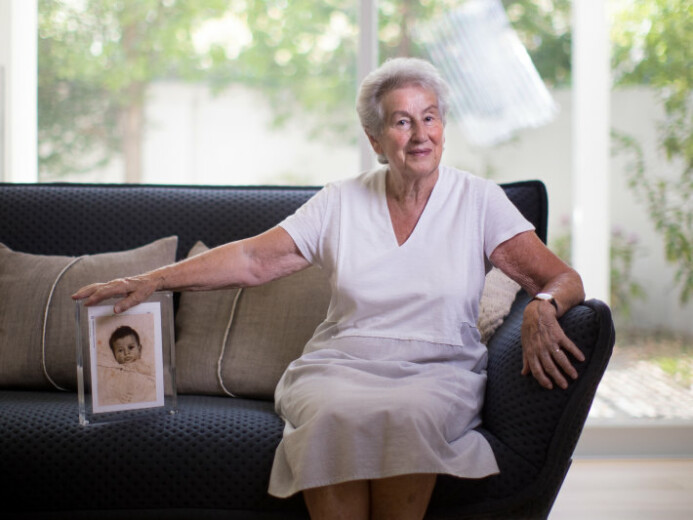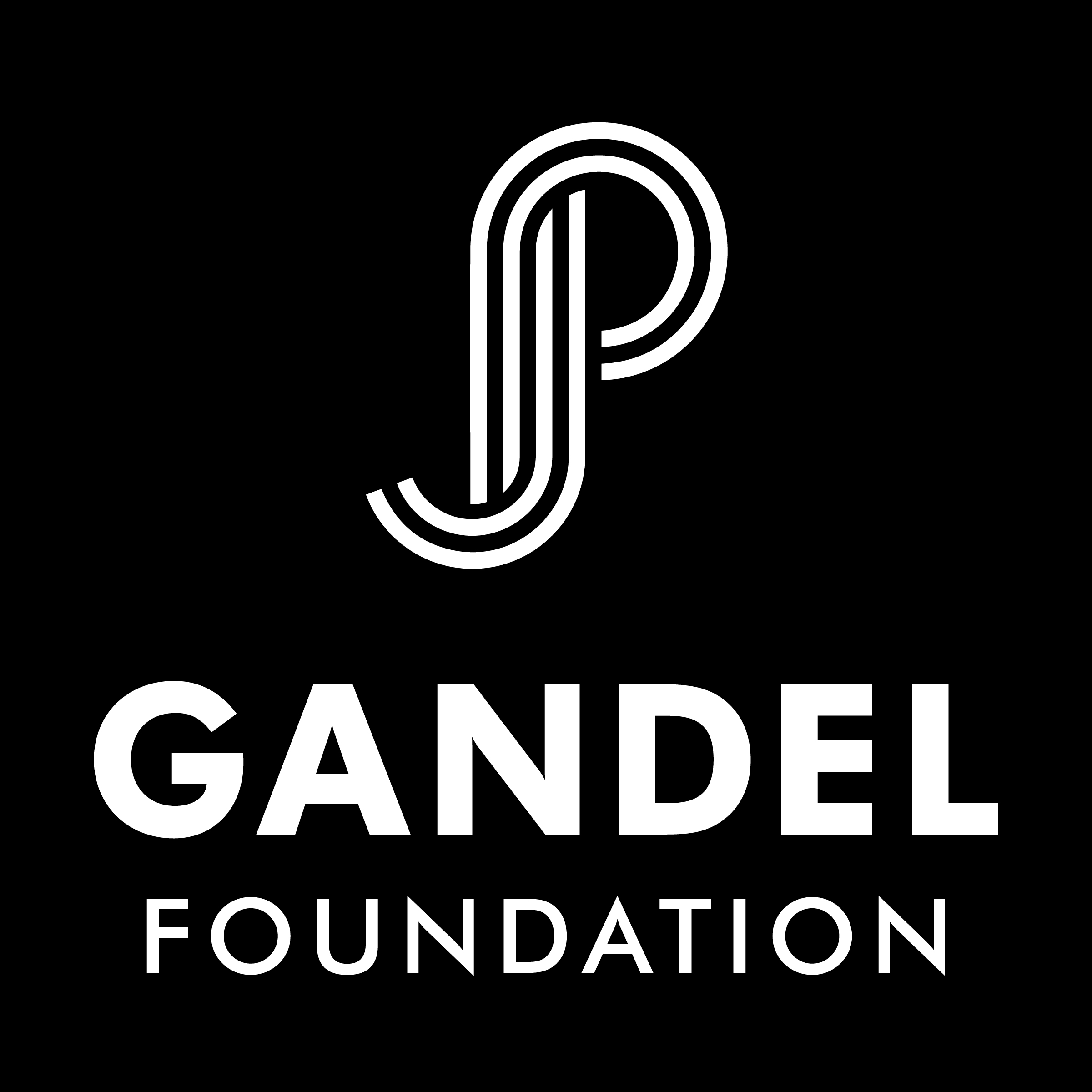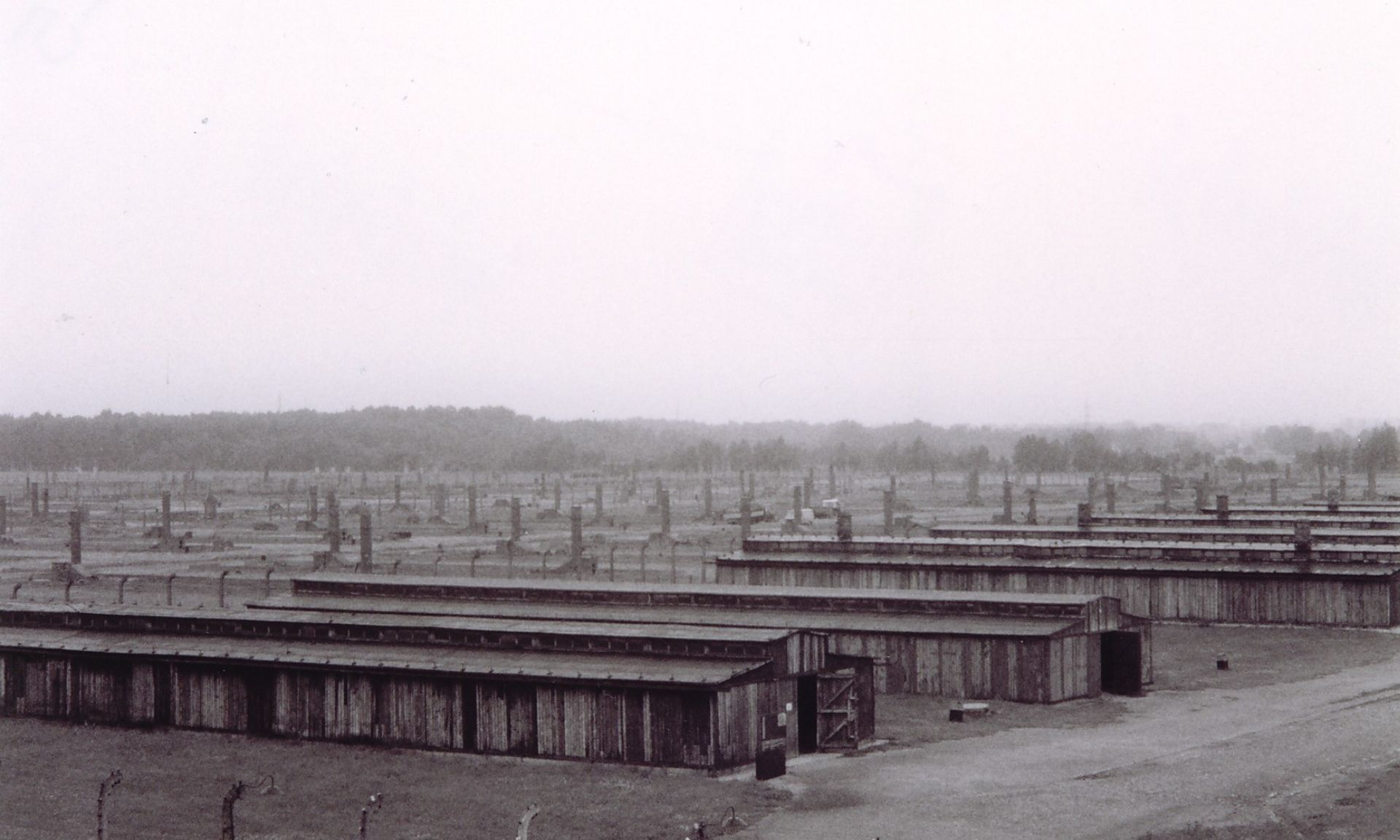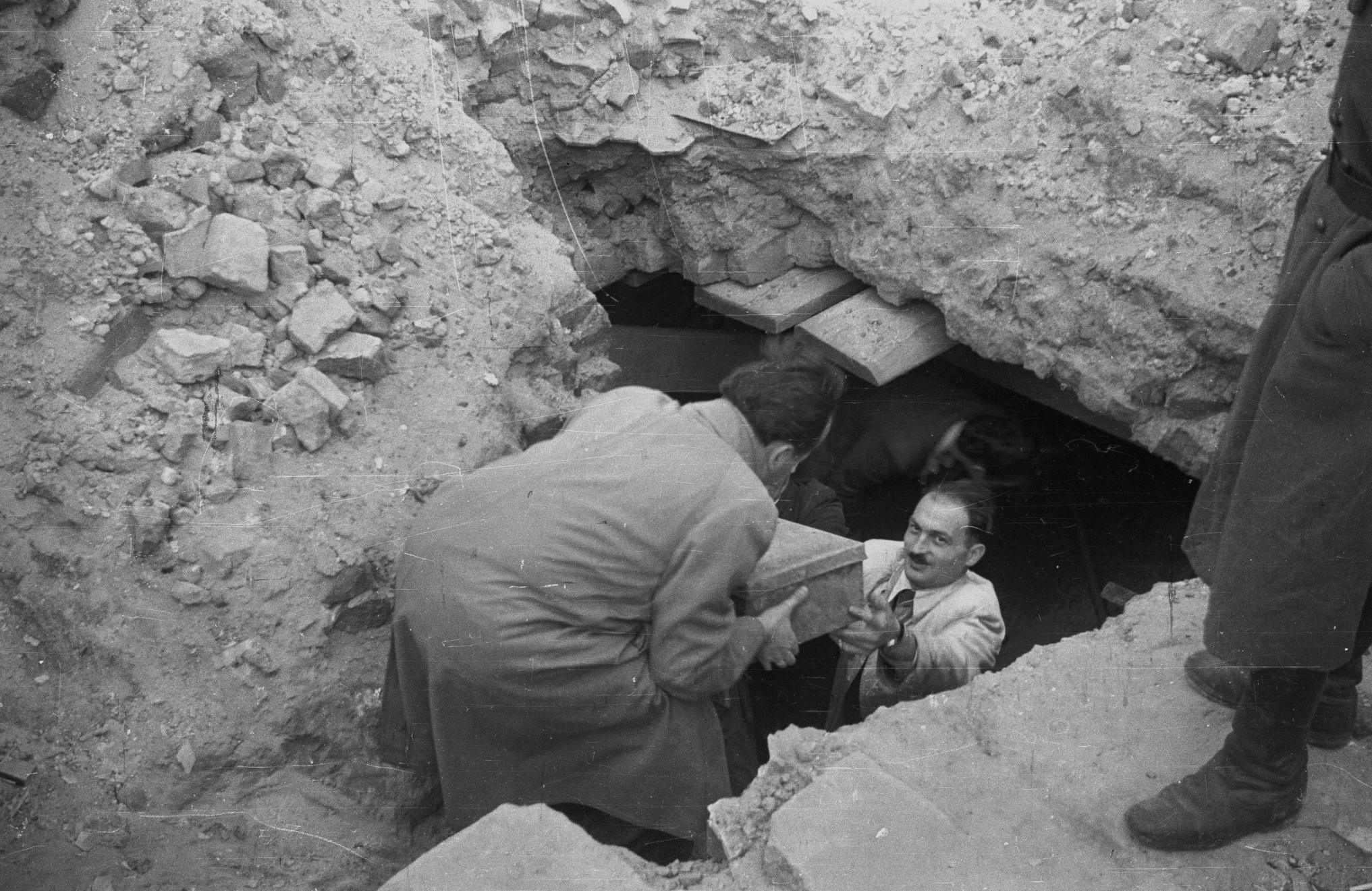We welcome the findings of the first comprehensive survey of Holocaust awareness in Australia, a study of 3500 Australians of all ages commissioned by the Gandel Foundation and conducted by Deakin University with data collected by the Social Research Centre, Melbourne.
MHM co-president Sue Hampel OAM and child Holocaust survivor Nina Bassat AM were members of the esteemed advisory panel, providing expertise and knowledge which guided the questions and focus of the survey, as well as its dissemination.
“Australia welcomes the upcoming Gandel Foundation and Deakin University Holocaust Knowledge and Awareness in Australia survey, the first and largest of its kind, which will assist research and future policy directions,” said The Hon Scott Morrison Prime Minister of Australia in a statement at the 2021 Malmo Declaration of the International Forum on Holocaust Remembrance and Combating Antisemitism.
Released 27 January 2022 on International Holocaust Remembrance Day, the insights from this landmark research shone a light on the ongoing need for local Holocaust museums and education.




